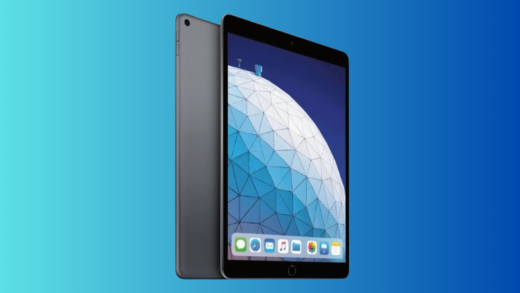So you want to change your VPN. Perhaps you’ve had enough of your VPN slowing your internet or refusing to bypass geo-restricted content. As such, it’s time to wave goodbye and change VPN services.
Depending on where you are, and how you use one, even the best VPNs can struggle with the essentials. It’s a “not me, it’s you” type of situation, but a simple remedy is to move on (with no hard feelings, of course). Luckily, it’s easy to make the shift, but it’s a good idea to know which green flags to look out for in your next selection.
The best VPNs for unblocking streaming sites
How to change VPNs
The first step to changing your VPN is to make sure you have canceled or unsubscribed from your current VPN plan, especially if it’s a paid VPN service. While it’s all well and good to delete the app from your device, you can still be charged if you don’t head into your account and unsubscribe.
Of course, there’s nothing stopping you from having more than one VPN, but one great VPN service should be all you need to hide your IP address, jump between virtual locations, and sneak past blocked websites. At the end of the day, it will save you money.
As an example, there are a number of ways to cancel NordVPN, depending on the device you use — like on a smartphone or laptop. However, you can generally unsubscribe from them all using the same method. Heading into your account settings, finding your billing information, and clicking something along the lines of “cancel auto-renewal” will do the job.
If you’re using an iPhone or Android, you can follow the methods below.
On iPhone:
-
Go to the Settings app on your iPhone.
-
Tap on the profile icon.
-
Select “Subscriptions.”
-
Tap your VPN.
-
Choose “Cancel subscription.”
On Android:
-
Go to the Play Store app on your Android.
-
Tap on the profile icon.
-
Select “Payments and subscriptions.”
-
Choose “Subscriptions.”
-
Tap your VPN
-
Click “Cancel subscription.”
Once you’ve canceled, go ahead and delete the application from your device. It isn’t necessary, but it will save you some space.
Now it’s a matter of installing and setting up your next VPN of choice. There are a myriad of VPN options to choose from, including paid and free services.
It may be worth giving a free VPN a go, especially if you only need it to occasionally access blocked websites. Do expect data limits, a limited server selection, slow speeds, and a lack of crucial features. Plus, there are only a handful of free VPNs that can be trusted, as many end up exposing your data. Yikes.
If you’re looking to try out paid VPNs, here’s a tip: take advantage of their free trials. Many of the best services, including ExpressVPN and NordVPN, have a 30-day money-back guarantee. This way, you get to test all of its features and see if it suits your fancy before opting in. Even better, it means you can use full-fledged VPN services for free over the course of a few months.
When you’ve made your decision, install the app, create an account, log in, and start setting up your new VPN.
Finding the best VPN for you
VPNs come with plenty of perks — and the best services provide something for everyone. Whether you need complete privacy with several advanced features to keep you under the radar, or a speedy service with thousands of servers to hop between region-specific streaming libraries, there’s a VPN with your name on it.
Our list of the best VPNs will point you in the right direction. While these services score highly in nearly all aspects, some are better suited to watching U.S. Netflix while others are better for multiple users. It all depends on your personal needs.
For more of a raw take, you may want to try giving one of the best VPNs (according to Reddit) a go.

NordVPN
at NordVPN
Source : How to change VPNs









